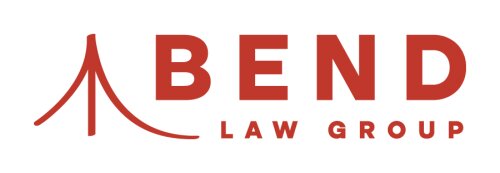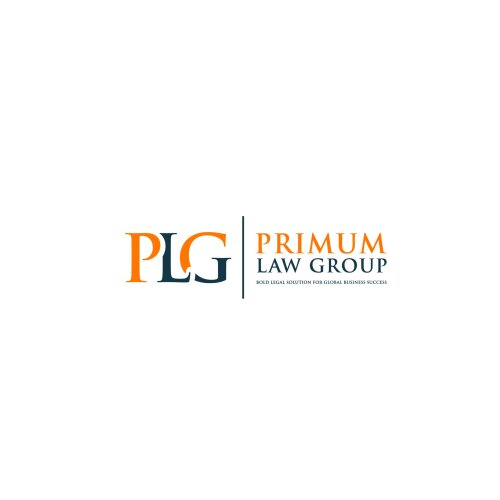Best Whistleblower & Qui Tam Lawyers in San Francisco
Share your needs with us, get contacted by law firms.
Free. Takes 2 min.
List of the best lawyers in San Francisco, United States
About Whistleblower & Qui Tam Law in San Francisco, United States
Whistleblower and Qui Tam laws in the United States are designed to encourage individuals to report fraud against government programs. The False Claims Act is the key federal law that allows private citizens to file actions on behalf of the government. In San Francisco, both federal and California state laws support whistleblowers who expose fraud or misconduct. The California False Claims Act mirrors many aspects of the federal act and provides its own set of rewards and protections for whistleblowers.
Why You May Need a Lawyer
Engaging a lawyer is crucial if you are involved in whistleblowing activities or a Qui Tam lawsuit for several reasons. These situations often involve complex legal nuances, potential retaliation from employers, and the risk of personal and professional repercussions. Here are a few instances when you may need legal help:
- Recognizing the signs and gathering evidence of fraud or misconduct.
- Understanding your rights and protections under whistleblower laws.
- Filing a Qui Tam lawsuit and navigating the complexities of legal procedures.
- Negotiating potential settlements or rewards if the government collects financial penalties.
- Managing workplace retaliation or other adverse consequences.
Local Laws Overview
In San Francisco, whistleblowers are protected under both federal and California law. The California False Claims Act (CFCA) provides legal frameworks similar to the federal False Claims Act but specifically tailored to the state. Key aspects include:
- Protection from Retaliation: Laws prohibit employers from retaliating against employees who report violations.
- Financial Incentives: Whistleblowers may receive a portion of the recovered damages or penalties.
- Confidentiality: Whistleblower identities are protected during investigations and legal proceedings.
- Statute of Limitations: Legal actions under the CFCA generally must be brought within a specified period, often aligned with federal standards.
Frequently Asked Questions
What is the difference between Whistleblower and Qui Tam?
Whistleblower refers broadly to anyone reporting wrongdoing, while Qui Tam specifically involves suing on behalf of the government under the False Claims Act for fraud against federal programs.
Am I eligible for a reward as a whistleblower?
If the information leads to a successful recovery of funds, you may be eligible for a reward under the federal or state False Claims Acts.
What kind of fraud can I report?
Typical cases include healthcare fraud, defense contractor fraud, and any fraudulent activity against government spending programs.
Is whistleblowing confidential?
Yes, identities of whistleblowers are generally kept confidential to protect them during investigations and legal actions.
Can I be fired for reporting fraud in California?
No, employment laws protect you from being terminated or retaliated against for lawfully reporting fraud.
How long does a Qui Tam lawsuit take?
These cases can take several years to resolve due to their complexity and the involvement of federal and state governmental bodies.
Can I report fraud anonymously?
While initial reports can be anonymous, pursuing a Qui Tam action may eventually require disclosing your identity to the court and defendants.
What role does the government play in a Qui Tam lawsuit?
The government may intervene and take over the case or allow you to pursue it independently once the suit is filed.
Do I need hard evidence before reporting?
Having solid evidence strengthens your case, but an experienced attorney can help determine the strength and sufficiency of the information.
What if the government decides not to intervene in my case?
You can continue with the lawsuit independently, but it is crucial to have legal support due to the increased complexities involved.
Additional Resources
Those seeking additional guidance or information can refer to the following resources:
- California Attorney General's Office - Provides information on state-specific laws and protections.
- National Whistleblower Center - Offers resources and support for potential whistleblowers.
- U.S. Department of Justice - Outlines federal laws and whistleblower procedures.
- Local Bar Associations - Can assist in finding qualified attorneys in San Francisco skilled in Whistleblower and Qui Tam law.
Next Steps
If you believe there is a case of fraud or misconduct involving government resources and are considering whistleblowing, it's essential to act thoughtfully. Begin by gathering any evidence and documenting relevant information carefully. Consulting with an experienced whistleblower lawyer in San Francisco can help you understand your rights and how to proceed. An attorney can assist in filing a Qui Tam lawsuit, if applicable, and help protect against any potential retaliatory actions by your employer. It's crucial to select a professional with a strong understanding of both federal and state laws regarding whistleblower protections and Qui Tam procedures.
Lawzana helps you find the best lawyers and law firms in San Francisco through a curated and pre-screened list of qualified legal professionals. Our platform offers rankings and detailed profiles of attorneys and law firms, allowing you to compare based on practice areas, including Whistleblower & Qui Tam, experience, and client feedback.
Each profile includes a description of the firm's areas of practice, client reviews, team members and partners, year of establishment, spoken languages, office locations, contact information, social media presence, and any published articles or resources. Most firms on our platform speak English and are experienced in both local and international legal matters.
Get a quote from top-rated law firms in San Francisco, United States — quickly, securely, and without unnecessary hassle.
Disclaimer:
The information provided on this page is for general informational purposes only and does not constitute legal advice. While we strive to ensure the accuracy and relevance of the content, legal information may change over time, and interpretations of the law can vary. You should always consult with a qualified legal professional for advice specific to your situation.
We disclaim all liability for actions taken or not taken based on the content of this page. If you believe any information is incorrect or outdated, please contact us, and we will review and update it where appropriate.










